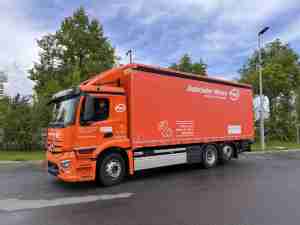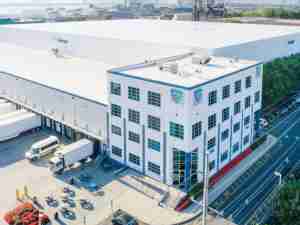CEVA upgrades Customs clearance procedures in Brazil
posted by AJOT | May 19 2016 at 09:35 AM | Logistics
São Paulo, Brazil - CEVA Logistics, one of the world’s leading supply chain management companies, has significantly upgraded its clearance procedures in Brazil to provide a more streamlined customer experience across the complex and frequently changing arena of Customs processes.
A number of these procedures are unique to importing and exporting goods to and from Brazil and it is vital that customers have the latest information at their fingertips to ensure their shipments are handled in the most efficient way.
“Our aim is to improve our own process so that we can further enhance our productivity and therefore make our customers’ supply chains more competitive. We have specific Customs expertise in São Paulo and Campinas which allows us to focus on the technical and operational phases of the Customs clearance process,” says Rubio Guimarães, CEVA’s Customs Clearance Director in Brazil.
The complex nature of Brazilian Customs processes can lead to delays for those companies not working with a partner who is fully conversant in all aspects of their operation. The main reason why goods get stuck at Brazilian Customs is the lack of proper documentation that needs to be presented whenever goods need to be cleared. Goods which do become stuck at Brazilian Customs then have a maximum deadline to be cleared, otherwise they can be either seized by the Federal Revenue and then auctioned or destroyed.
The new model keeps the customer service, technical support and implementation of innovative procedures for Customs processes wholly within the branch offices. Internal operational activities are centralized to increase efficiency and scale gains, giving CEVA greater time to focus on the individual needs of our customers.
At Viracopos Airport (São Paulo) CEVA has already received a positive ranking from the airport authority for its Customs performance. During 2015 CEVA increased the efficiency of its Customs procedures at the airport by approximately 67%. Every month, the company carries out about 800 customs clearance processes at Viracopos Airport and more than 3,000 throughout Brazil.









